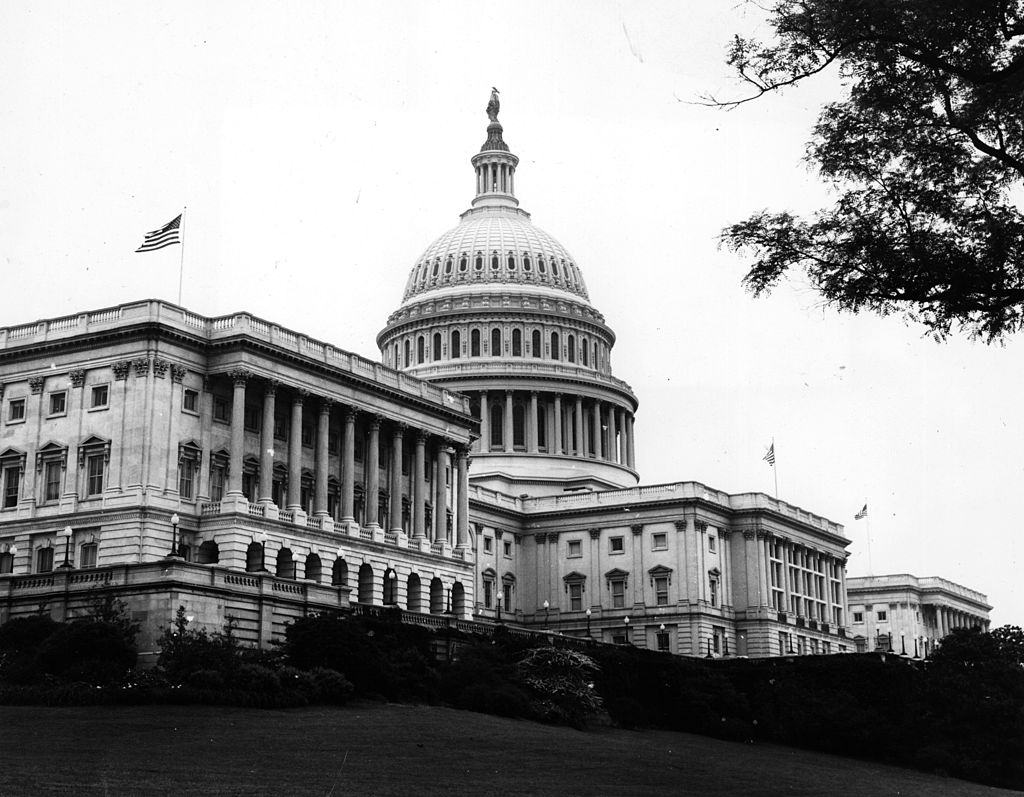Canadian schlockmeister Bryan Adams, born within a fortnight of yours truly, waxed profitably wistful over his Summer of ’69, but I shall extol, for rather less remuneration, the Autumn of ’74.
The goad is my editing of the newly published Congressional Journal of Barber B. Conable, Jr., 1968-1984. I was honored to undertake the task; the late Mr Conable, with whom I became friends, is without question the greatest public man to hail from our boondock. Selected on different occasions as the most respected member of the House of Representatives, the Republican Conable had among his many quirks a refusal to accept campaign contributions greater than $50. He kept to this limit — which his peers regarded as evidence of suicidal puritanism — even in the Democratic landslide year of 1974, when Conable was outspent nearly two-to-one by labor-backed Midge Costanza, who would parlay her high-profile defeat into an eventful 20-month spin as assistant for public liaison under Jimmy Carter.
My younger brother and I must have stuck upwards of a thousand Costanza for Congress flyers under windshield wipers that fall. When Midge came to town she’d make a big deal over her young gofers. I’ve heard she had a temper and the vocabulary of a sailor but she sure was sweet to us.
Midge Costanza was the daughter of a sausage-maker, a girl from an urban front-porch neighborhood whose pre-political job was in the concrete-mixing business. Her campaign speeches gave cheap demagoguery a bad name, but she delivered them with spunk and style and Italian feist. Midge, with her high-school education, would be an outlier today in a party that has been colonized by smug professionals. (Midge later decamped to Southern California; uprooted from that which had formed her, she blanched into a standard liberal Democrat. She also inched out of the closet. But she lives in my memory as a fiery populist who shared the concerns of the un-degreed.)
One cannot overstate just how different the parties were in those days before anti-social media and vapid thirty-somethings disgorging dreary orthodoxy with comely outrage over the idiot box combined to nationalize political discourse and chase the soak-the-rich, family-first, blue-collar workers out of the Democratic party and the liberal-minded middle class out of the Republican party.
I suppose there were a few eggheads and sob sisters in our small-town Democracy, but I never met them while licking envelopes in the union hall under the benevolent supervision of local labor leader Putzy Pietrovito. Those old salt-of-the-earth Dems bring to mind Thoreau’s line about John Brown: ‘He would have left a Greek accent slanting the wrong way, and righted up a falling man.’
What a year 1974 was in New York politics. The successful Democratic candidate for governor, Hugh Carey, was a liberal Brooklyn Irish Catholic. Carey was the best, or least bad, governor we’ve had since Al Smith almost a century ago, but as an intermittently pro-life liberal he’d be a pariah in today’s party. (No less than that arbiter of morality Andrew Cuomo has said that right-to-lifers ‘have no place in the state of New York.’)
For his part, Barber Conable was a pro-choice federalist who wished to leave abortion law to the states. He respected Carey but suspicioned that the Pope occupied too large a place in his political calculations.
For US Senate, Democrats nominated Ramsey Clark, perhaps the most left-wing major party candidate to run for statewide office. Clark, who had served as attorney general to the uncivilly unlibertarian LBJ before his sinistral stretch, would make the AOC camp look like Joe Manchin.
If ever Ramsey Clark could be elected senator it would have been in 1974, when Republicans were reeling from Watergate, and the incumbent GOP senator, Jacob Javits, who was never popular in Upstate New York, lost the ‘you’ve-got-no-one-else-to-vote-for’ Republicans to Conservative party nominee Barbara Keating, the attractive widow of a US Marine killed in Vietnam.
It’s hard to believe, but New York was a competitive state then. Carey trounced incumbent Republican Malcolm Wilson (whom Conable called ‘an empty oil can’), but Javits and Keating combined for over 60 percent of the vote against Clark. Today’s pathetic New York State Republican party barely bothers to run candidates for state comptroller and attorney general and throws in the towel against the unprepossessing senatorial duo of Wall Street errand boy Chuck Schumer and the frivolous Kirsten Gillibrand.
It’s a long way from 1974. I no longer have a Minnesota Vikings poster on my bedroom wall, and peppery working-class champions like Midge Costanza and liberal micks who accept Church teachings like Hugh Carey are as absent from the New York Democratic party as rural intellectuals like Barber Conable are from the Republican party.
This article was originally published in The Spectator’s November 2021 World edition.


















